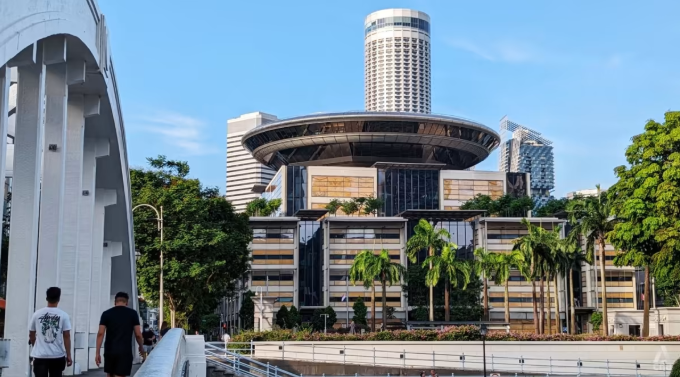Court ruling highlights gap in GST legislation concerning multi-level marketing structures
Herbalife International Singapore has emerged victorious in its legal battle against the Comptroller of Goods and Services Tax (GST) over a dispute regarding the tax value of approximately S$2.2 million in unpaid taxes. The Inland Revenue Authority of Singapore (IRAS) had argued that Herbalife’s business structure caused “revenue leakage,” asserting that the value of its taxable supplies over a five-year period should be based on the open market value of the products, rather than the discounted rates offered to its members.
In a judgment released on March 6, Justice Choo Han Teck ruled in favour of Herbalife, agreeing that the issue of revenue leakage falls outside the jurisdiction of the courts and must be addressed through legislative changes.
Herbalife’s Business Model Herbalife operates by selling nutritional supplements, weight management, and personal care products exclusively to registered members rather than directly to consumers. Members can purchase products at discounted rates and retain the difference between what they pay and what they can sell the products for. Members also have the option to consume the products themselves. Herbalife’s pricing structure includes discounts ranging from 25% to 50%, depending on the member’s accumulated volume points, which are earned through personal purchases and the purchases made by those they recruit.
While both parties agreed that Herbalife’s products are subject to GST, the dispute centred on the value of the supplies for tax purposes. Herbalife contended that the discounted rate should be used to calculate the taxable value, while the Comptroller maintained that it should be based on the open market value.
IRAS’s Argument The IRAS argued that Herbalife’s structure resulted in tax leakage, suggesting that if its members were GST-registered, the final sale to consumers would be taxable at the full retail price, including the discounts. As the members were not GST-registered, only the supply between Herbalife and the members was taxed, leaving the difference between the discounted price and the final consumer price untaxed.
Herbalife’s legal team countered by pointing out that the relevant section of the GST Act cited by IRAS did not apply in this case, and the gap in the law should be addressed by Parliament, not the courts.
Court Ruling Justice Choo found that the section of the GST Act referenced by IRAS was not applicable in this case. He disagreed with the Comptroller’s argument that Herbalife’s members should be treated as commission agents and ruled instead that they acted as principals in the transaction. As such, the discount received by members did not warrant the treatment proposed by the Comptroller.
The judge also expressed concerns that applying the Comptroller’s solution could introduce significant uncertainty regarding the taxable value of certain goods. He noted that it is common for companies to run promotional campaigns and implement conditions on sales that could affect pricing. Justice Choo concluded that the revenue leakage should be addressed through a specific legislative provision tailored to business models like Herbalife’s, which is beyond the court’s scope.
In summary, Justice Choo allowed Herbalife’s appeal, affirming that any changes needed to resolve the issue should be made through legislative reform.








